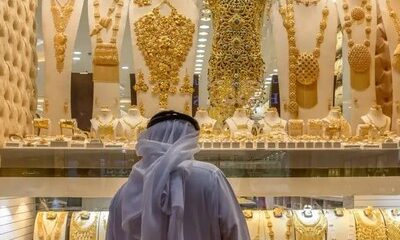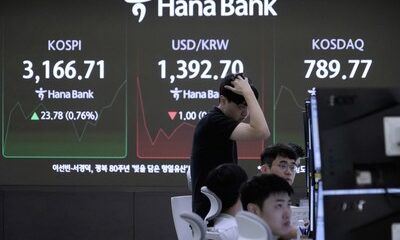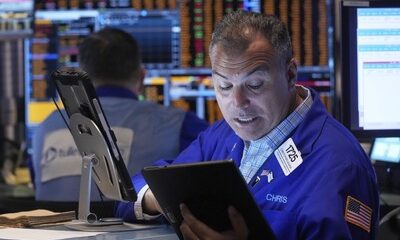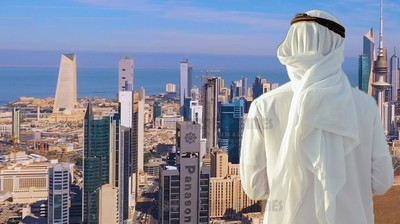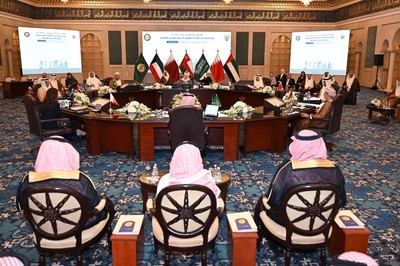Business
Ghana prohibits foreigners from trading gold in the country starting May 1
-
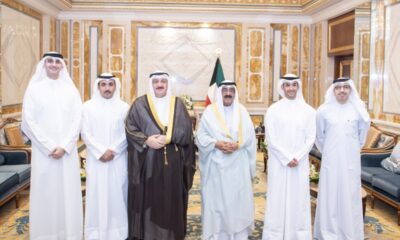
 Latest News21 hours ago
Latest News21 hours agoAmir hails medical achievements | Kuwait Times Newspaper
-
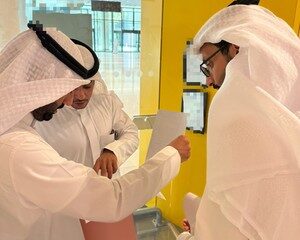
 Politics22 hours ago
Politics22 hours agoKuwait Municipality Cracks Down on Unlicensed Advertisements in Ahmadi
-
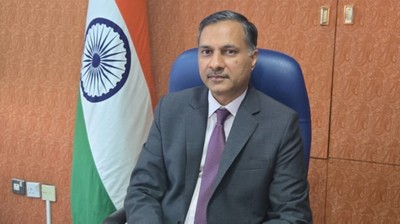
 Business24 hours ago
Business24 hours agoIndia’s Goods and Services Tax Reforms 2.0: A paradigm shift
-
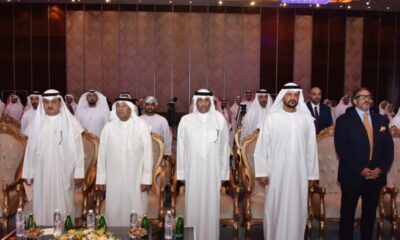
 Latest News24 hours ago
Latest News24 hours agoGCC countries remain committed to combating money laundering
-

 Business22 hours ago
Business22 hours agoAsian shares trade mixed as focus shifts to Fed’s next move
-

 Latest News11 hours ago
Latest News11 hours agoCommittee reviews efforts to counter cyber threats
-
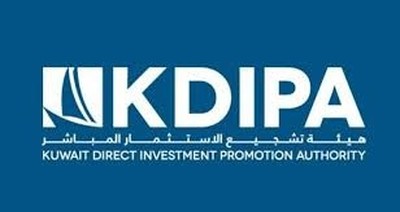
 Business20 hours ago
Business20 hours agoKuwait aims to attract value-added direct investments
-

 Politics20 hours ago
Politics20 hours agoIllegal Mobile Vehicles and Shops Targeted in Kuwait’s Ahmadi Clean-Up Drive


